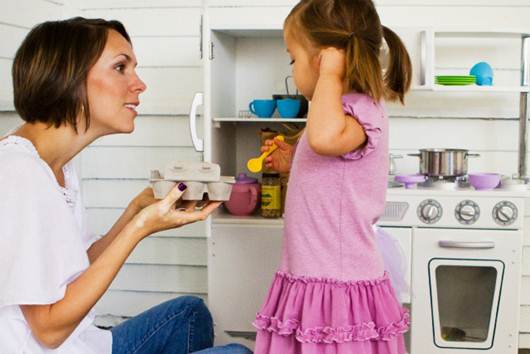What your friends say

“Shame,
you look so gaunt. Some people just look older when they get thinner!”
“I’d lost a fair amount of weight when I
went to have lunch with an old school friend,” says Lucinda*, 40, a journalist
from Stellenbosch. “I caught her looking me up and down before she blurted out:
“Shame, you look so gaunt. Some people just look older when they get thinner!”
“I knew immediately that she was deeply
uncomfortable about her own appearance and, in that moment, felt an
overpowering need to make me feel the same about mine. But I still caught
myself examining my crow’s-feet in the mirror for the next few weeks”
Since, despite our better judgement, such
comments do have a lasting impact, Nkosi insists it’s vital to speak up when
those around you repeatedly undermine your body. “Your might find it helpful to
rehearse the feedback ahead of time, but then be ready to name the hurtful
behavior as it happens,” he says.
This is precisely what Louise Make, 31, a
stay-at-home mom/ write from Johannesburg, did when her neighbor made a
spiteful comment about her body. “All through my teens I was very conscious of
how glibly the black women in my world blurted out their impressions of each
other’s bodies. On my way out with my mother one morning, I was confronted by a
neighbor. She greeted me, welcomed me home [from university] and said,
“Wanakele, uyazibona?” (“You are ruined, do you see?”)
“I was stunned. For a split-second, I
nearly allowed my upbringing to determine my response. A woman old enough to be
my mother was addressing me – in my culture, that earns her the same
unquestioning respect I’d show my mom. I felt no desire to hurt her back, but I
also didn’t feel like acting as if what she’d said was acceptable.
“So I told her I’d never considered myself
“ruined” despite the kilos I’d gained, and politely asked her to point out the
parts of my body that had no hope. My mother was mortified. I just smiled and
watched the neighbor mumble an apology. Respect had nothing to do with letting
another person walk all over my feelings”
For the kids

Don’t
make remarks about the amount of food your child eats
Durban-based psychologist Rakhi Beekrum
suggests five guidelines for talking to your children about their bodies:
1. Do discuss words and images in the media
that are likely to lead to poor self-image. Point out that celebrities are
often digitally “fixed” and that being skinny is not the same as being healthy.
2. Don’t comment on mirror weight gain.
We’re all bound to put on a kilo here and there, especially in puberty. Only
raise the issue when you believe there’s a health risk.
3. Do point out your child’s positive
attributes – their abilities rather than appearance – so that they learn people
shouldn’t be judged on their looks.
4. Don’t make remarks about the amount of
food your child eats. Rather focus on preparing healthy, nutritious meals.
5. Don’t make any negative comments about
your own body in front of your children – they’re likely to follow the example
you set.
What you say
The opinions of others may have the most
significant impact on our self-image. But that’s not to say we can’t play a
role in revising, or at least adding to, the catalogue of words we carry with
us. “Surround yourself with people who recognize and reinforce your strengths,”
says psychologist Siyabonga Nkosi.

http://www.ted.com/talks
Know, too, that neglecting to do so could
be as a bad for your body as it is for your mind. In her TEDx talk, “Combating
Body Dissatisfaction” (ted.com/talks), Dr Carolyn Becker of Trinity University
(US) suggest a striking parallel… Imagine you own a car you really don’t like.
Since you care so little for it, you never take it for a service or wash it.
You don’t care about the quality of oil you put in it or if it’s safely parked.
When you don’t like your body, says Dr Becker, you’ll treat it a lot like that
car. And neither your health nor your good looks (yes, yours!) can benefit from
that…
The new weight of words in the media
“The media,” says Siyabonga Nkosi, a Cape
Town psychologist and SHAPE Advisory Board member, “is typically punitive of
people who don’t conform to the norm.” (Read: rake-thin and airbrush-smooth)
Recently, however, we’ve seen a few
celebrities flout the rules. Take the UK singer Adele, who’s credited with
“bringing curvy back”. On one hand, this tinkers with the long-established
norm, suggesting that you don’t have to be starving to be wildly successful.
But the media remains fixated on her size, using words like “curvy” and
“plus-size”.
Writing for Teen Vogue, blogger Rachel
Adams says: “I can’t stand it when I’m called “curvy”. Humans aren’t made of
90-degree angles. Making up “less offensive” nicknames to describe my body
implies that [it] isn’t OK.”